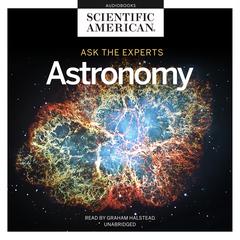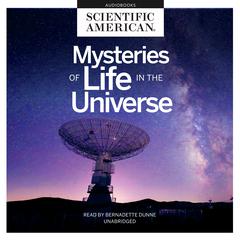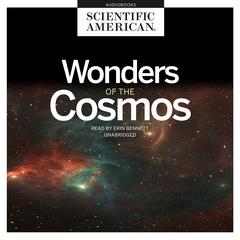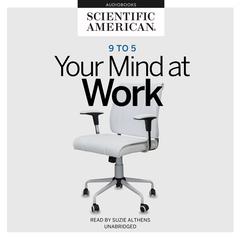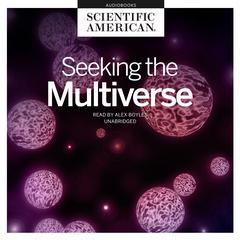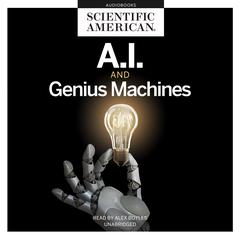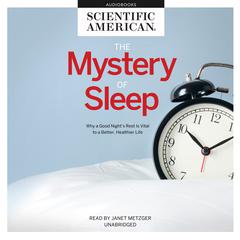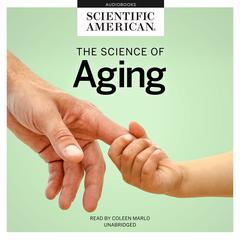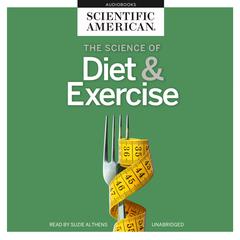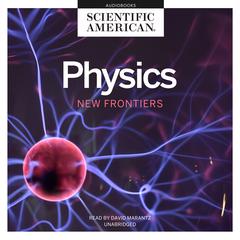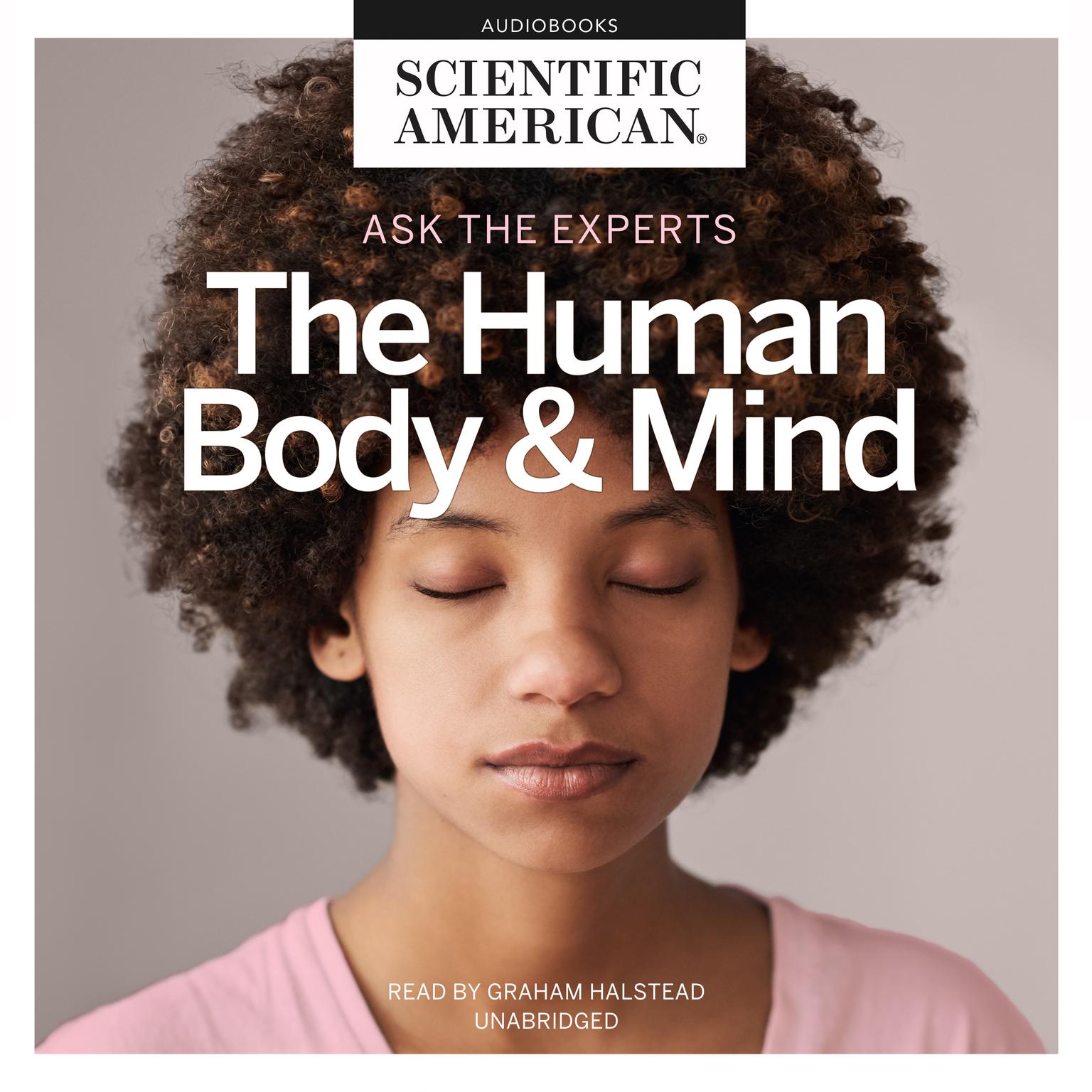 Play Audiobook Sample
Play Audiobook Sample
Ask the Experts: The Human Body and Mind Audiobook
 Play Audiobook Sample
Play Audiobook Sample
Quick Stats About this Audiobook
Total Audiobook Chapters:
Longest Chapter Length:
Shortest Chapter Length:
Average Chapter Length:
Audiobooks by this Author:
Publisher Description
For going on two decades, Scientific American’s “Ask the Experts” column has been answering reader questions on all fields of science. We’ve taken your questions from the basic to the esoteric and reached out to top scientists, professors, and researchers to find out why the sky is blue or whether we really only use 10 percent of our brains.
Now, we’ve combed through our archives and have compiled some of the most interesting questions (and answers) into a series of books. Organized by subject, each title provides short, easily digestible answers to questions on that particular branch of the sciences.
The Human Body and Mind is the third book in this series, and it tackles questions about our own strange and mysterious biology. Our experts field queries on evolution, bodily quirks, and psychological feats. Have you ever wondered why humans lost their body hair? Curious about what causes a hangover? Or what makes that popping sound when we crack our knuckles? What about the oft-cited maxim that we only use 10 percent of our brains? Professors, scientists, and biologists provide answers that are at once accurate, understandable, and sometimes just plain funny.
Download and start listening now!
Ask the Experts: The Human Body and Mind Listener Reviews
Be the first to write a review about this audiobook!
About Scientific American
Scientific American is the longest continuously published magazine in the United States and the home of the most exciting authors presenting the most dynamic ideas in science today. As the leading popular source and authority on science, technology, and innovation, Scientific American’s award-winning scientist-authored content engages, educates, and inspires current and future generations of curious citizens and public and private sector leaders.
About Graham Halstead
Graham Halstead, an Earphones Award and Audie Award–winning narrator, is a professionally trained actor and voice artist. As an actor, he has worked internationally in Edinburgh and London, as well as at the Kennedy Center in Washington, DC. His youthful, easy-flowing voice can be heard on television and radio voicing spots for Airborne and Allegra.





